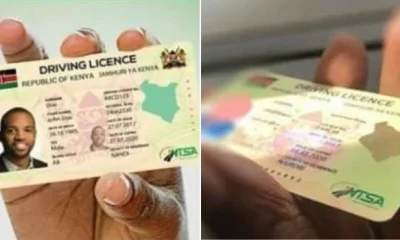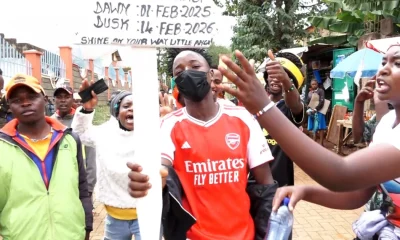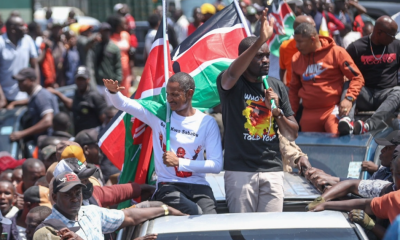News
“96% is Impossible in a Democracy”: Ruto Questions Tanzania Election in Al Jazeera Interview
Kenyan President William Ruto has directly challenged the legitimacy of Tanzania’s recent presidential election in a pointed Al Jazeera interview, declaring that vote margins approaching 97% are fundamentally incompatible with democratic governance.
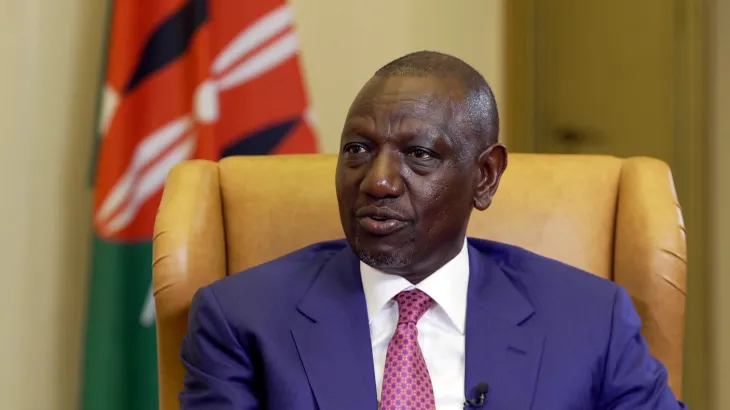
ALSO READ: Former Botswana President Khama Denounces Tanzania’s Suluhu as ‘Illegitimate’ Leader
Speaking to Al Jazeera on November 9, Ruto stated unequivocally that achieving a 96% vote share “is impossible in a democracy like Kenya’s,” in remarks clearly directed at Tanzania’s October 29 presidential election where Samia Suluhu Hassan claimed victory with 97.66% of the vote.
The interview marked a significant departure from typical East African diplomatic protocol, with Ruto openly questioning the credibility of a neighboring country’s electoral process. His comments came as Tanzania continues to face international scrutiny over an election marred by opposition boycotts, systematic voter intimidation, and post-election violence that claimed at least 100 lives.
During the Al Jazeera interview, Ruto used Kenya’s own electoral history to illustrate his point about democratic legitimacy, emphasizing that genuine competitive elections produce more modest victory margins. The implicit comparison to Tanzania’s near-unanimous result highlighted what many international observers have characterized as statistically implausible.
However, the interview took a contentious turn when the Kenyan president categorically denied that any abductions have occurred under his administration, despite documented reports of 82 cases since June 2024. When pressed by Al Jazeera on mounting evidence of disappearances, including testimony from families of missing activists, Ruto maintained his denial.
His assertions were undermined by Ugandan President Yoweri Museveni’s recent public acknowledgment that his government detained two Kenyan activists in what he described as a joint security operation with Kenyan authorities. Museveni’s admission provided concrete evidence of cross-border operations targeting activists, directly contradicting Ruto’s claims.
Tanzania’s election has been widely condemned by international observers who documented extensive irregularities. President Suluhu’s 97.66% victory came after major opposition parties boycotted the polls, citing impossible conditions for fair competition. Security forces responded violently to post-election protests, resulting in at least 100 deaths according to human rights organizations.
While Ruto did not explicitly name Tanzania during the Al Jazeera interview, the reference was unmistakable to regional observers. His comparison to Kenya’s electoral margins—where even popular victories typically fall well below 70%—served as an implicit indictment of Tanzania’s reported results.
The interview has generated significant discussion across East Africa, with analysts noting the unusual nature of Ruto’s public criticism of a neighboring state. Some regional commentators have accused Ruto of hypocrisy, pointing to documented abduction cases in Kenya as evidence that his criticism rings hollow. Others argue that his willingness to question implausible election results represents an important statement about democratic norms.
The Al Jazeera interview has raised questions about the future of diplomatic relations between Kenya and Tanzania, two countries that share extensive economic ties and a common border. Tanzania’s government has not officially responded to Ruto’s comments, though diplomatic sources suggest private communications between the two capitals have been tense.
As the interview continues to generate headlines across the continent, it underscores growing pressure on African leaders to address questions about electoral legitimacy and human rights. Ruto’s comments to Al Jazeera have brought renewed international attention to Tanzania’s disputed election and the broader challenges facing democracy in East Africa.
Follow us on X
-

 Gossip6 days ago
Gossip6 days agoForeign Tourist’s Viral Uganda Video Ignites Social Media Frenzy Over “Intense Cultural Exchange”
-

 Gossip1 week ago
Gossip1 week agoWoman Unalives Herself On Facebook Live As Viewers Begged Her To Stop
-

 Gossip7 days ago
Gossip7 days agoFake Model Casting Agency Under Fire After Disturbing Video Goes Viral
-
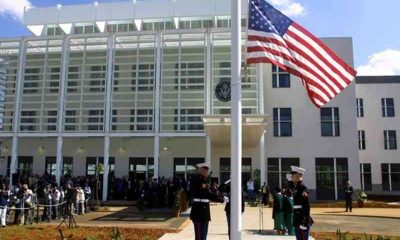
 Nairobi1 week ago
Nairobi1 week agoUS Embassy in Nairobi Closed Monday for President’s Day Federal Holiday
-
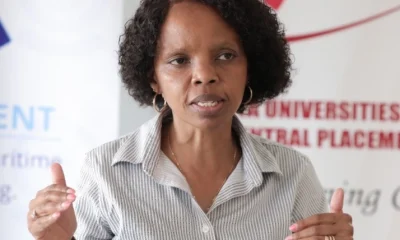
 Education7 days ago
Education7 days agoKUCCPS Releases Subject Requirements for All Degree Clusters: What Students Must Know Before Applying
-
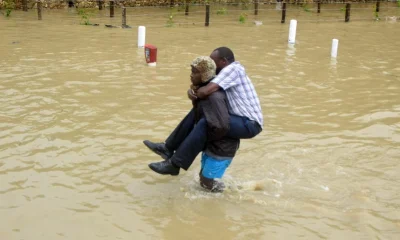
 Forecast1 week ago
Forecast1 week agoWill It Rain This Week? Heavy Downpours Expected in Central Kenya, Rift Valley and Coastal Regions
-
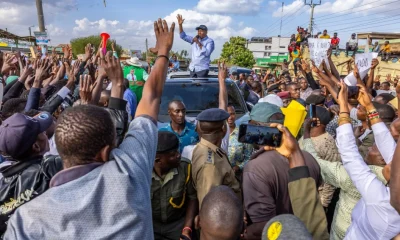
 News1 week ago
News1 week ago‘My Position is Safe’: DP Kindiki Shuts Down Political Speculation
-

 Gossip4 days ago
Gossip4 days agoRussian Man’ Unmasked: Govt Officially Names Vladislav Luilkov in Non-Consensual Recording Scandal




